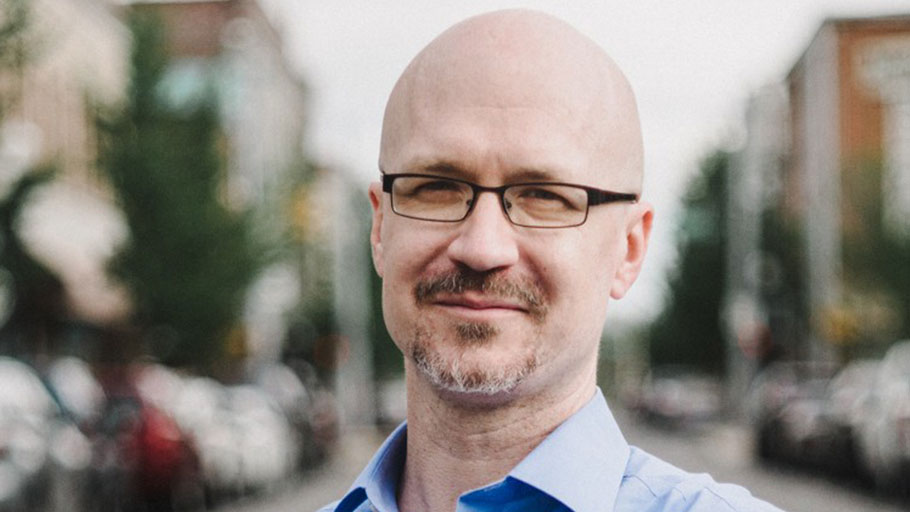
I’m running for Congress in Indiana, and I’ve been warned to stay away from “radical” issues. This shouldn’t be one. By Dan Canon — Editor’s note: Dan Canon is a…
Here you will find reparation news, articles and media posts

I’m running for Congress in Indiana, and I’ve been warned to stay away from “radical” issues. This shouldn’t be one. By Dan Canon — Editor’s note: Dan Canon is a…
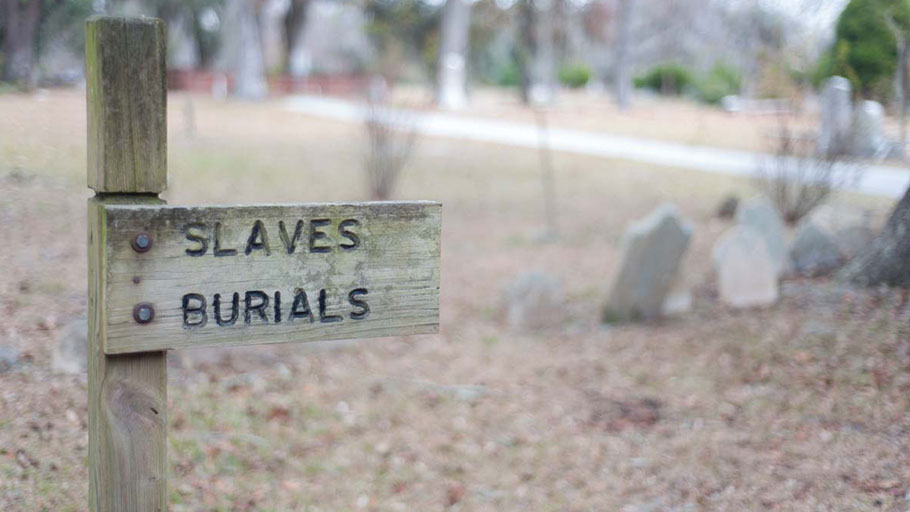
5 Years After the Unmarked Graves of 1,000 Enslaved People Were Uncovered Near a Shell Refinery, Descendants Will Be Able to Pay Their Respects Breanna Edwards, The Root — Some…
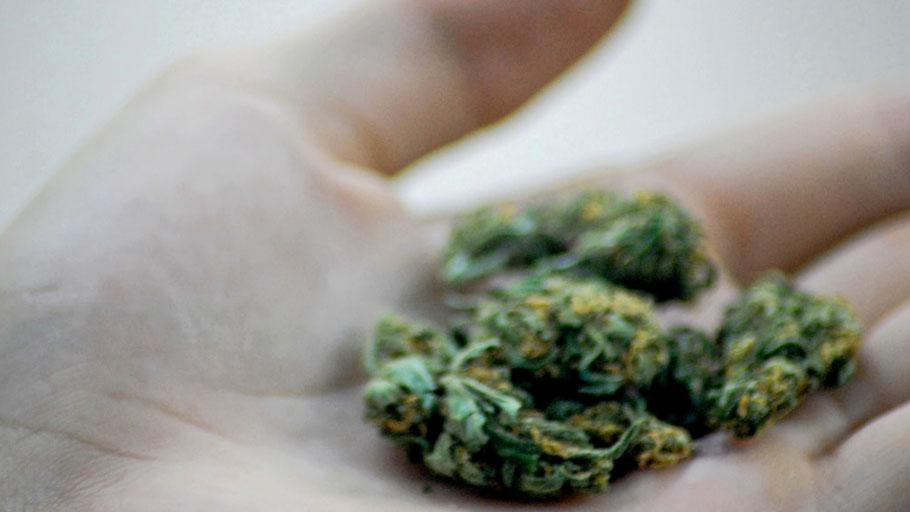
Impact of war on drugs on minorities reveals hypocrisy, racism of legalized marijuana industry By Julia O’Donnell — To put it bluntly, the history of marijuana law enforcement in Wisconsin…
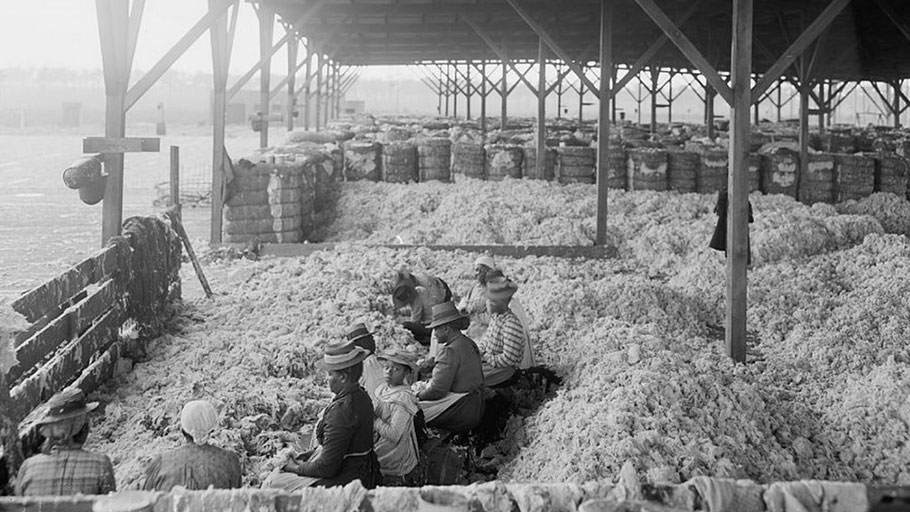
Slavery did not die because it was unproductive or unprofitable, as some earlier historians have argued. Slavery was not some feudal remnant on the way to extinction. By Sven Beckert — By 1830, one million Americans, most of them enslaved, grew cotton. Raw cotton was the most important export of the United States, at the center of America’s financial flows and emerging modern business practices, and at the core of…
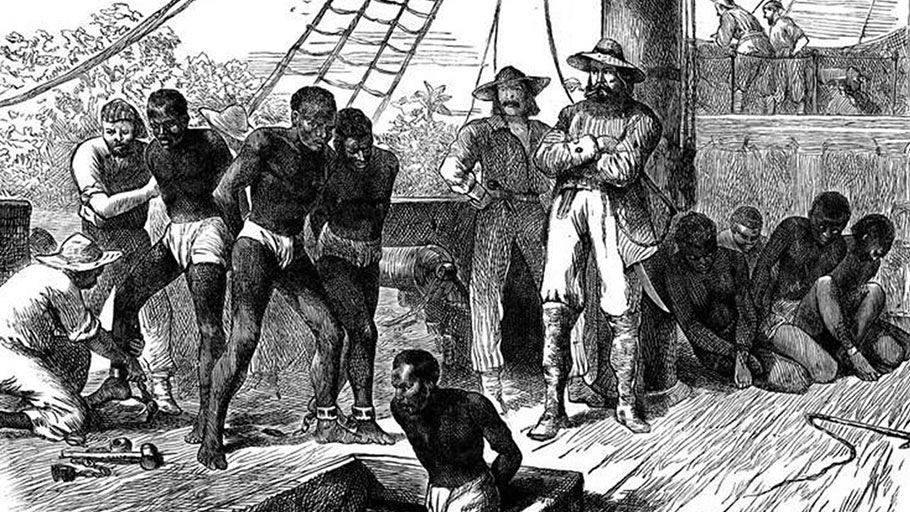
The history-teaching wing of the Koch brothers empire is seeking to promote an alternate narrative to slavery. By Adam Sanchez, Zinn Education Project — Given that the billionaire Charles Koch has poured millions of dollars into eliminating the minimum wage and paid sick leave for workers, and that in 2015 he had the gall to compare his ultra-conservative mission to the anti-slavery movement, he’s probably the last person you’d want educating young people about slavery.
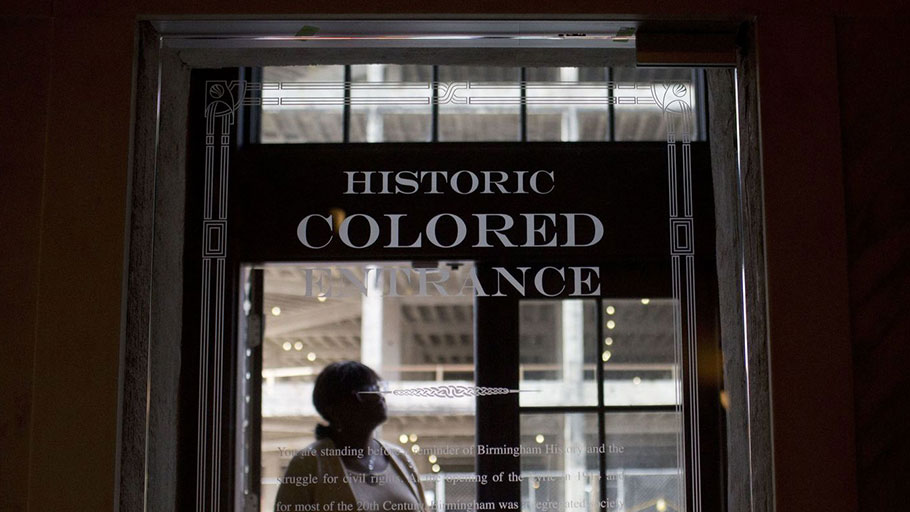
By Rabbi Sharon Brous — There is 2,000-year-old rabbinic dispute over what ought to be done if a palace is built on the foundation of a stolen beam. One rabbi, Shammai, argues that the whole structure must be torn down, the beam retrieved and returned to its rightful owner. No home can flourish on a foundation built illegally and immorally. Another rabbi, Hillel, offers a different take: What sense does it make to demolish it? Let the thief pay for the beam, considering its full value as the foundation of what is now a beautiful home. Neither argues that you can pretend, year after year, generation after generation, that the beam wasn’t stolen.
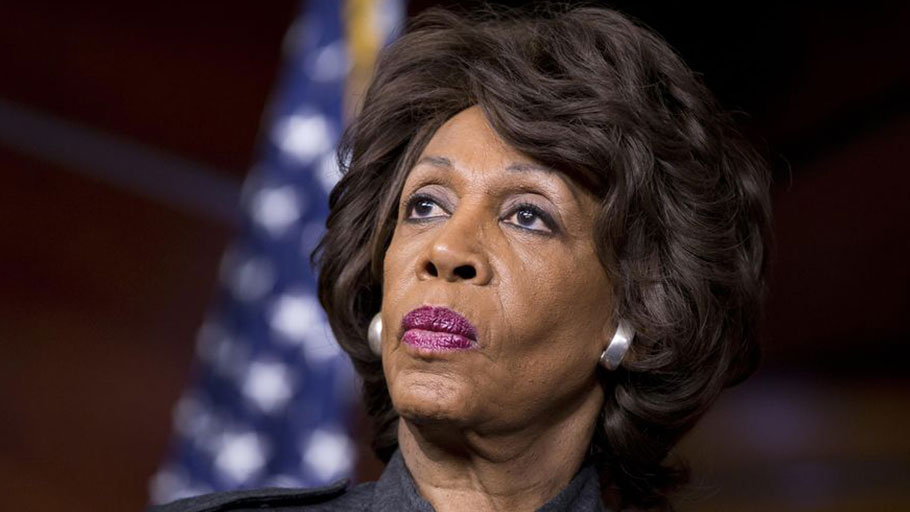
Democratic Rep. Maxine Waters said during an event in Selma, Alabama on Saturday that she would “be happy” to secure financial reparations for black Americans. Waters said as long as…
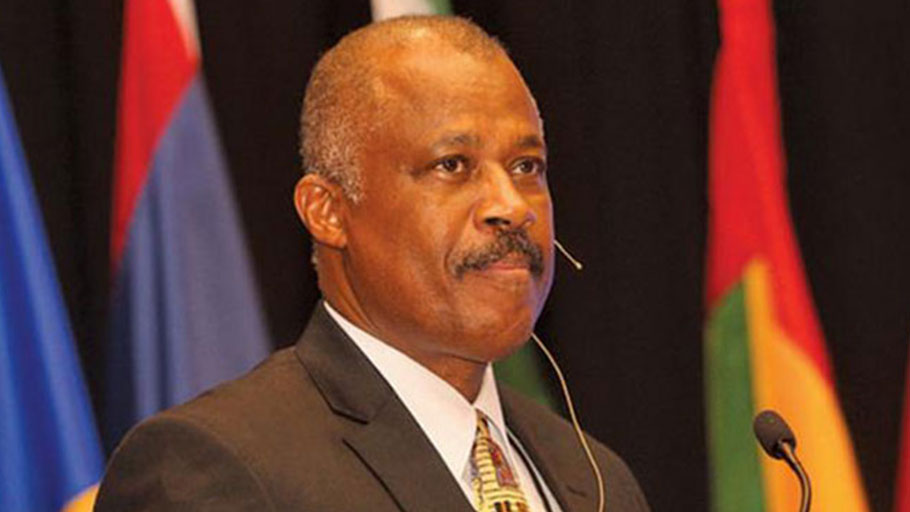
March 16-17, 2018 Tulane University, New Orleans is hosting a conference titled “A Conference of Global Perspectives: Regimes of Redress and Reparations, Transitional Justice and the Rule of Law”. Co-sponsored by the Gordon Gamm Faculty Scholar Fund and the Carol Lavin Bernick Faculty Scholarship Fund. More info here…
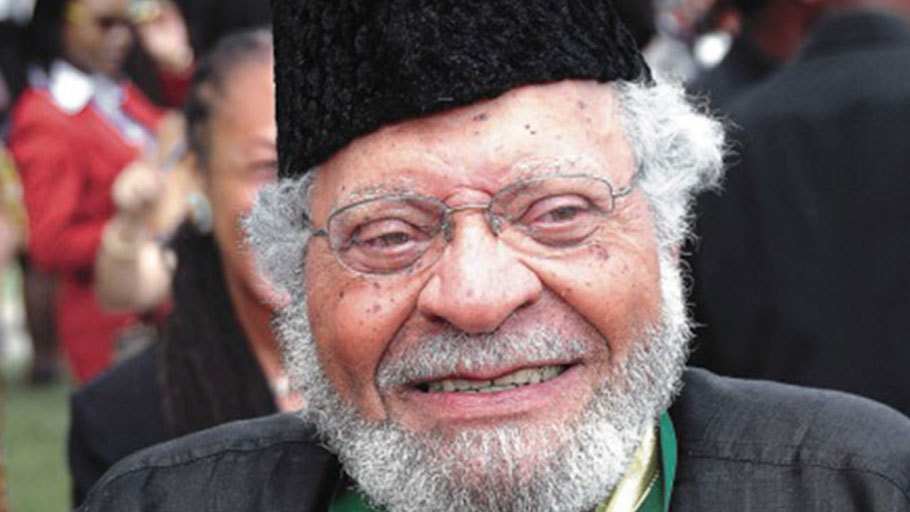
A prized collection of papers belonging to the late Jamaican Pan-Africanist, politician and diplomat, Ambassador Dudley Thompson, will be donated to The University of the West Indies (The UWI) at…
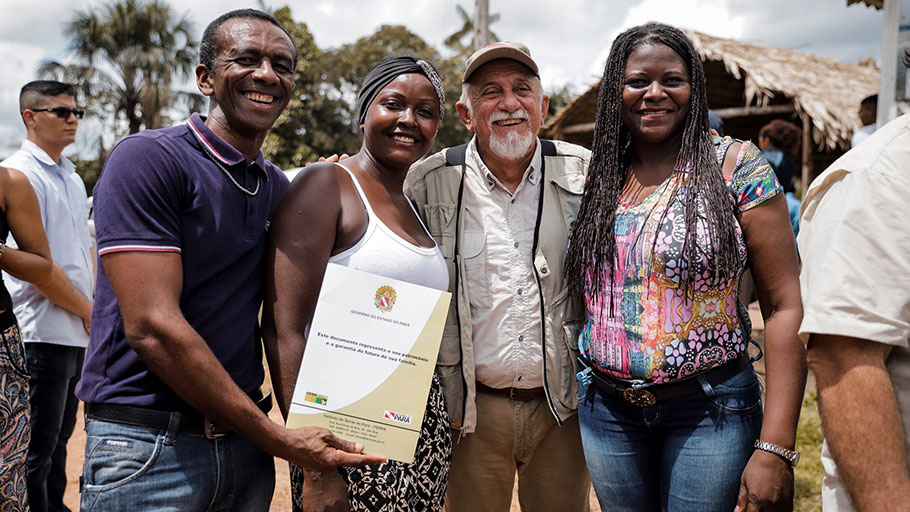
Rare victory for Brazilian poor, as record Amazon land tract is handed over to descendants of escaped enslaved people. Dom Phillips, The Guardian — It was a modest ceremony for…
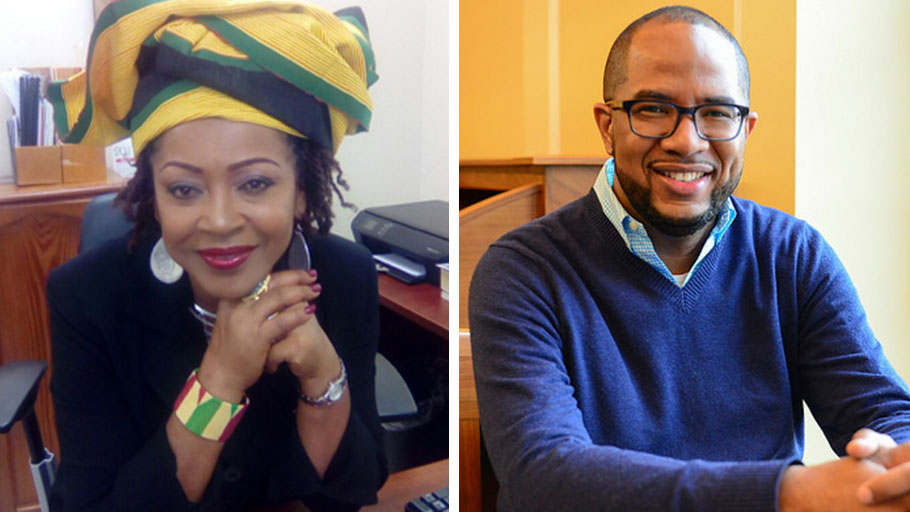
By Prof. Verene Shepherd (Centre for Reparation Research) and Ahmed Reid (City University of New York) — In a New York Times article by Stephen Castle of December 27, 2014,…
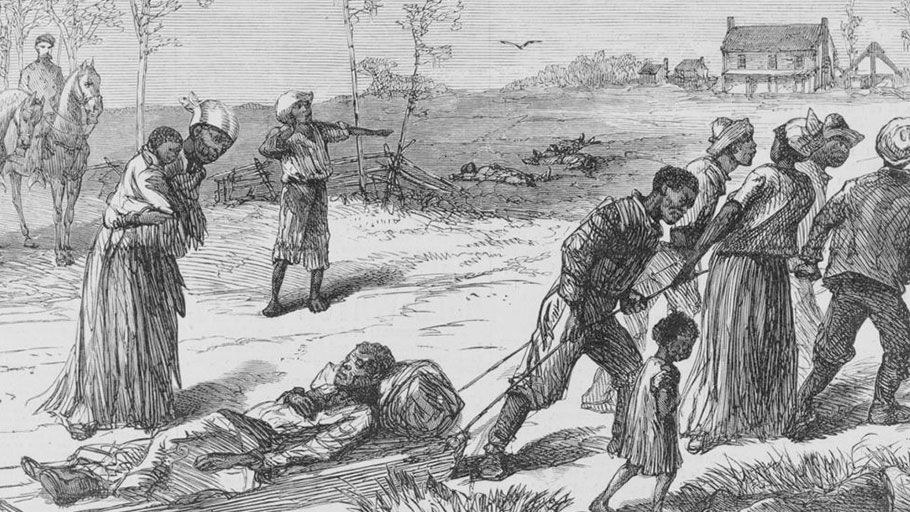
By Ryan Cooper — Many conservatives believe they do. In one representative example, National Review’s David French argued that we need a heavily armed citizenry in case the government turns tyrannical and America’s private gun owners need to wield the threat of gunning down police and soldiers to preserve their liberty. For the Second Amendment to remain a meaningful check on state power, citizens must be able to possess the kinds and categories…